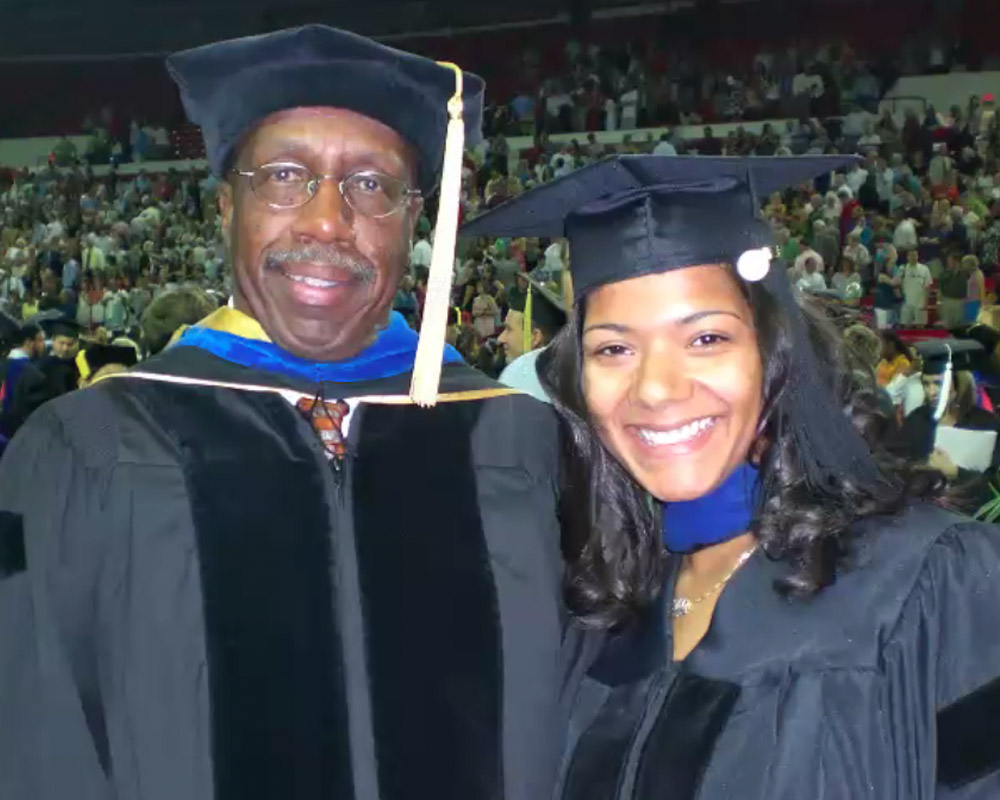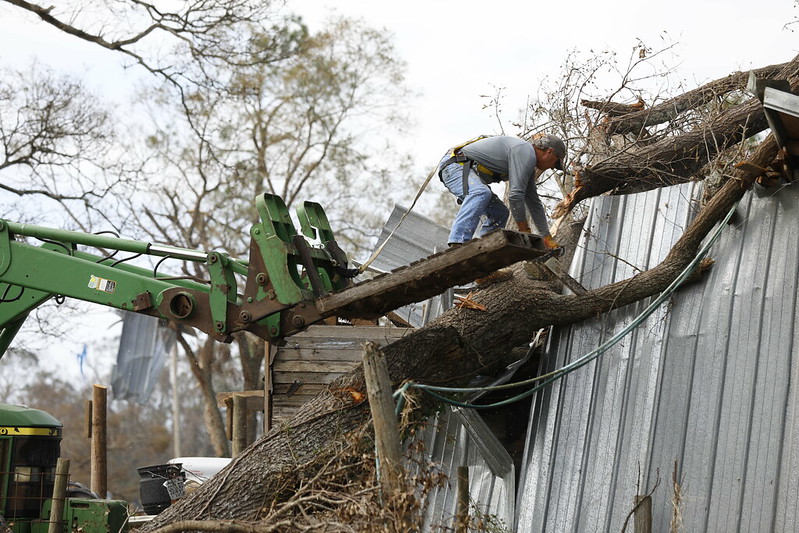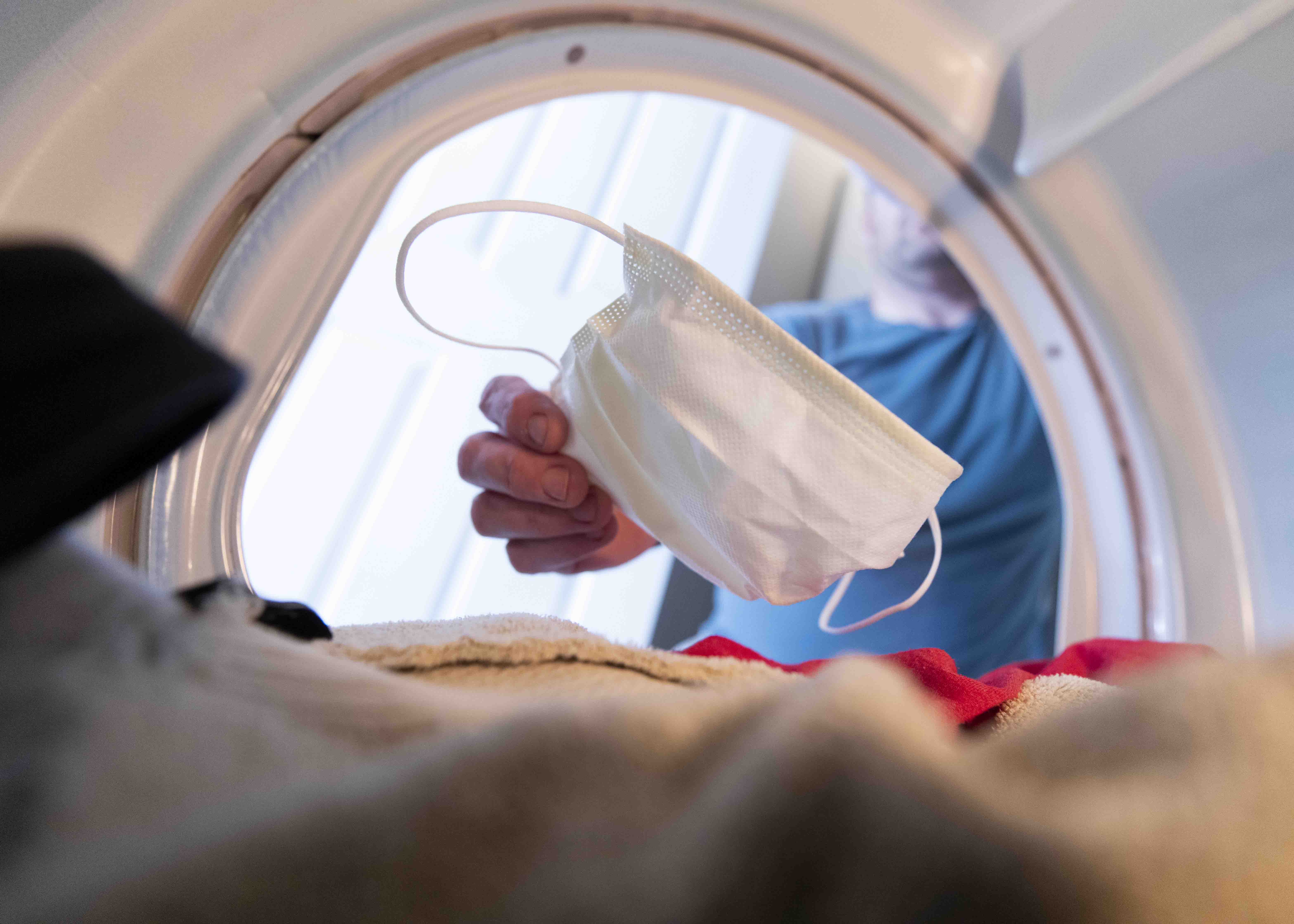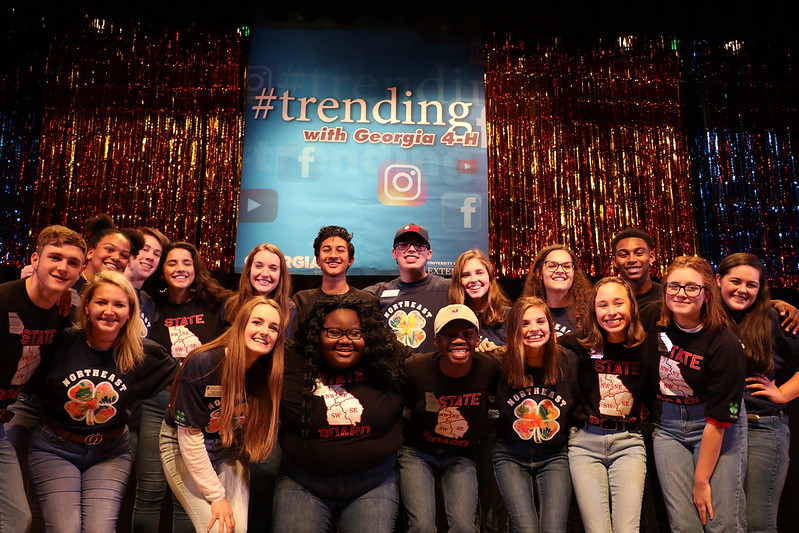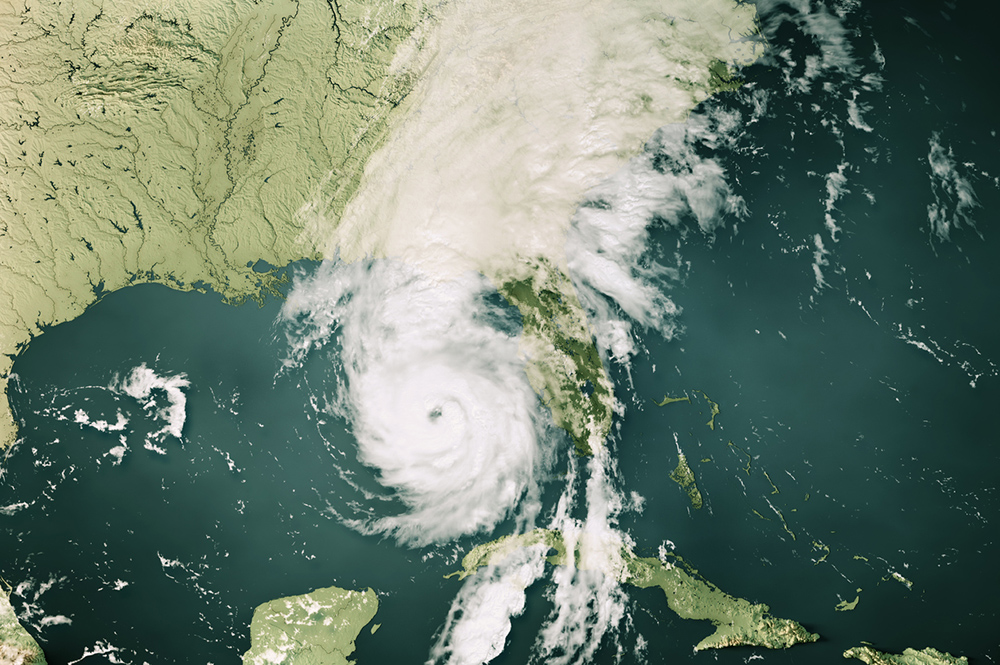 CAES News
CAES News
Hurricane Preparedness Tips
June marks the start of hurricane season in Georgia — and there’s no better time to prepare than on a sunny day. In this episode of Cultivating Curiosity, we’re joined by Pam Knox, agricultural climatologist and director of the University of Georgia Weather Network, to unpack what hurricane season means for Georgia residents. Pam breaks down the difference between weather and climate, how El Niño impacts hurricane activity, and how Georgia’s farmers rely on real-time data from UGA’s 90 weather stations across the state.

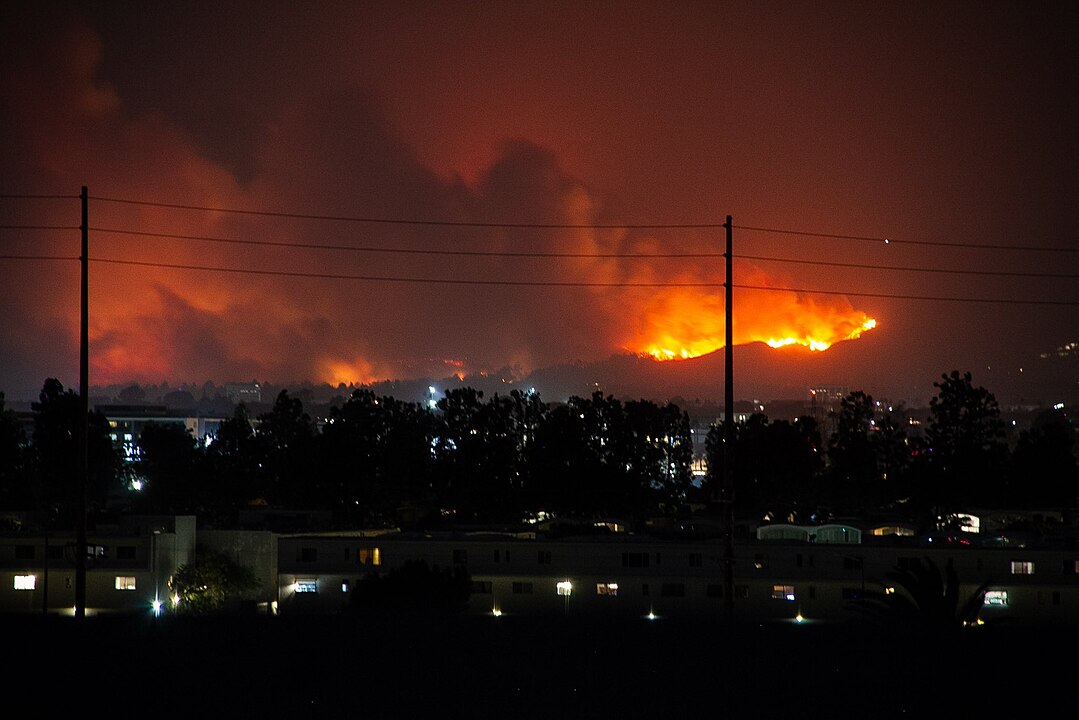
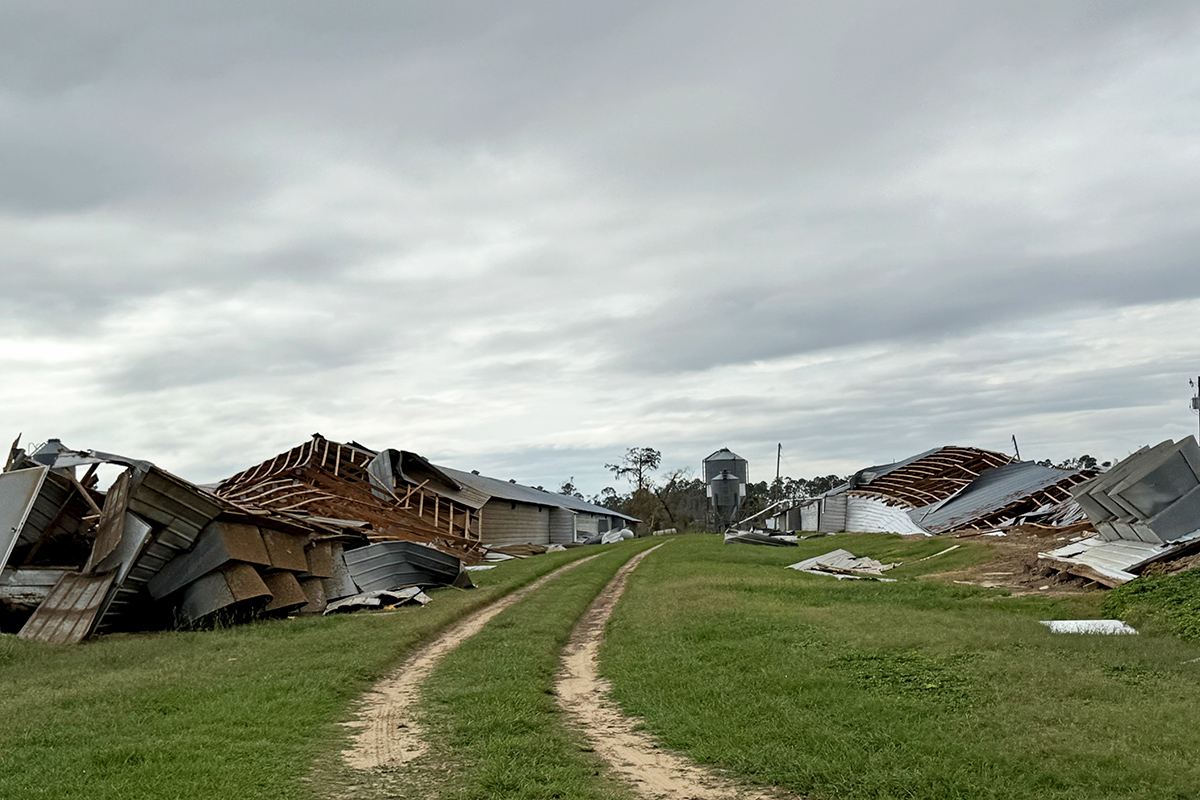
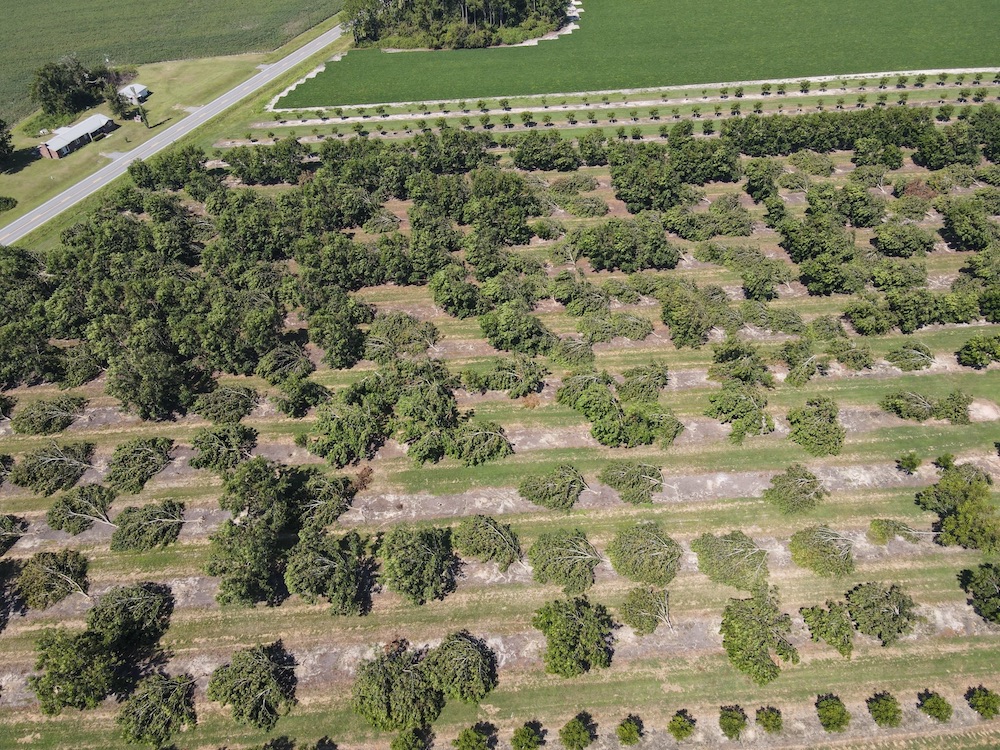
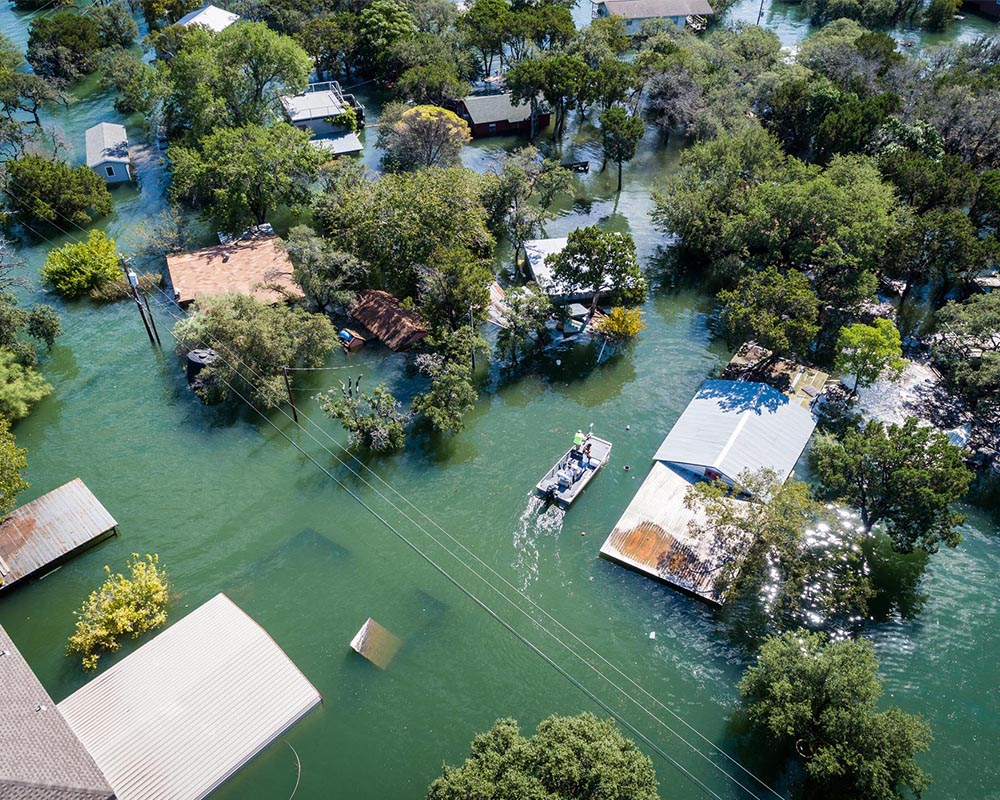
.jpg)
